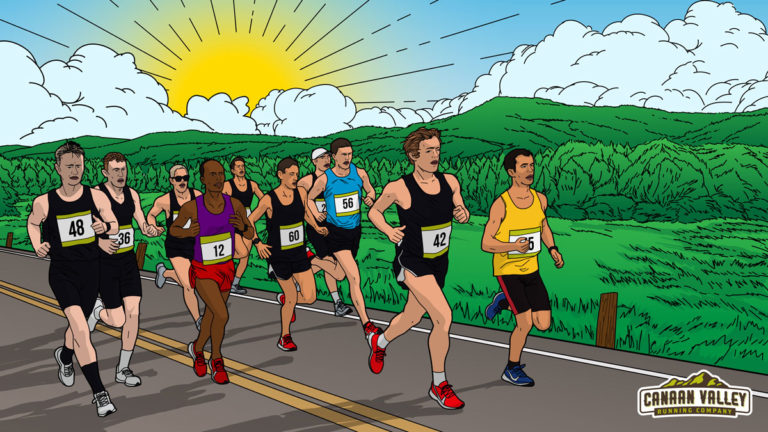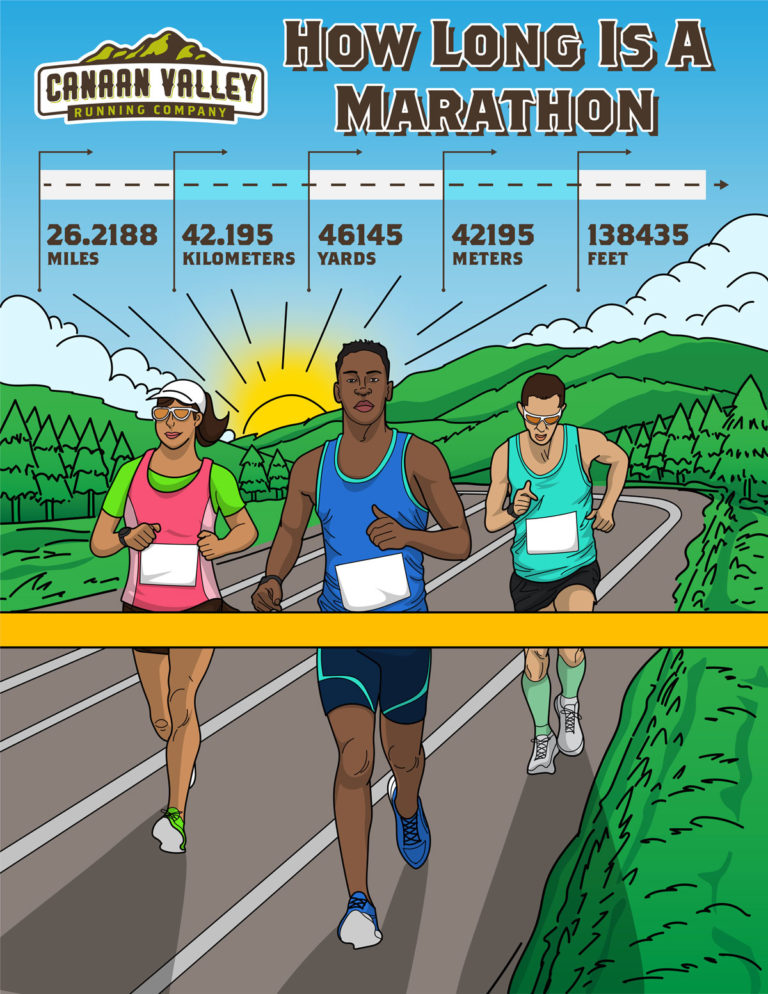We are a participant in the Amazon Services LLC Associates Program, an affiliate advertising program designed to provide a means for us to earn fees by linking to Amazon.com and affiliated sites, this is at NO extra cost to you. These small fees allow us to create great content and keep striving to create better content.

Why Is a Marathon 26.2 Miles?
For many long-distance runners, the marathon is the ultimate goal. Whether you simply want to complete a marathon or you want to beat your personal best time, running a marathon takes a ton of training, determination, and grit.
While some individuals are quick to brush off the marathon as just 26 miles, it’s actually a whopping 26.2 miles or 42.195 kilometers. So, why the additional 0.2 miles? What does this number signify? In this article, we’re going to peel back the curtains and find out.
The History of the Marathon
In recent history, the fastest marathon time was set by Olympian Eliud Kipchoge. His impressive world record? Two hours and one minute and 39 seconds. Now, that’s fast! Even though it doesn’t count as a world record Kipchoge’s 1 hour, 59 minutes, and 40 seconds record is even more impressive.
Yet, despite the fastest marathon time being set in recent years, the marathon actually derives from Ancient Greek legend.
Philippides, a Greek Messenger, noticed a Persian ship heading straight to Athens. This all happened at the end of a great battle, which the Greeks were set to win. Philippides quickly put two and two together, releasing the Persian ship was headed to declare victory for themselves.
As such, Philippides threw down his armor and weapons, running as fast as he could to the Greek capital to ensure a declaration of Greek victory. The battle he ran from and declared victory for was referred to as marathon, which is where the word is derived from.
Fast forward to 1896 and the onset of the modern Olympics… Michel Breal, a French Philogost, lobbied for a long-distance race that echoed the efforts of Philippides from long ago.
Surprisingly, this original “marathon” had no set distance. In fact, many argue that the original distance was closer to 25 miles or 40 kilometers, estimated by the approximate distance from Marathon to Athens.
However, in 1908, the London Olympics extended the marathon race as per the request of the British Royal Family. This race distance was measured to be 26.2 miles. And this is where the modern and standard marathon distance solidified. From this point onward, this distance was used for all marathon races.

How Long is a Marathon?
So now that we know why a Marathon is basically 26.2 miles, how long is a Marathon in Kilometers, Yards, Meters, and Feet. Here’s the exact breakdown of the distances.
Marathon Distance:
26.2188 Miles
42.195 Kilometers
46145 Yards
42195 Meters
138435 Feet

Preparing for Your First Marathon
The marathon is no joke. Recently, I certified the course for the Moonlight on the Falls marathon, which was the first course I certified. It was here where I truly began to appreciate the distance of this incredible race and the perseverance of each contestant.
Setting the distance to the exact 26.2 miles holds even greater importance for those runners who are looking to qualify their times for the Boston Marathon and other great races. If the distance isn’t exact, their dreams of qualifying could quickly evaporate.
The training, time, and energy that goes into it are almost unfathomable. The dedication required for a marathon is almost equal to that of holding a part-time job.
Usually, a marathon training program involves a minimum of 20 weeks of committed training. For a seasoned long-distance runner, this training may be less, such as 12 weeks. Yet, it’s frequently recommended to give yourself and your body five to six months to prepare. In other words, the marathon isn’t something you do on a whim.
Yet, the pure elation of finally seeing that finish line and achieving what many consider impossible is the greatest reward of all. Chase that feeling. Commit to your training. Breakthrough the mental and physical blocks. It’s tough. But when that final stretch comes, you’ll likely be happy you did it – just like Philippides was when he ensured the declaration of Greek victory, guaranteeing the Greek legacy for many years to come.

Robby McClung
This article was written by the editorial staff of the Canaan Valley Running Company and Robby McClung. Robby is the founder of the Canaan Valley Running Company. You can read more in the about section of the website on Robby and the Canaan Valley Running Company.





